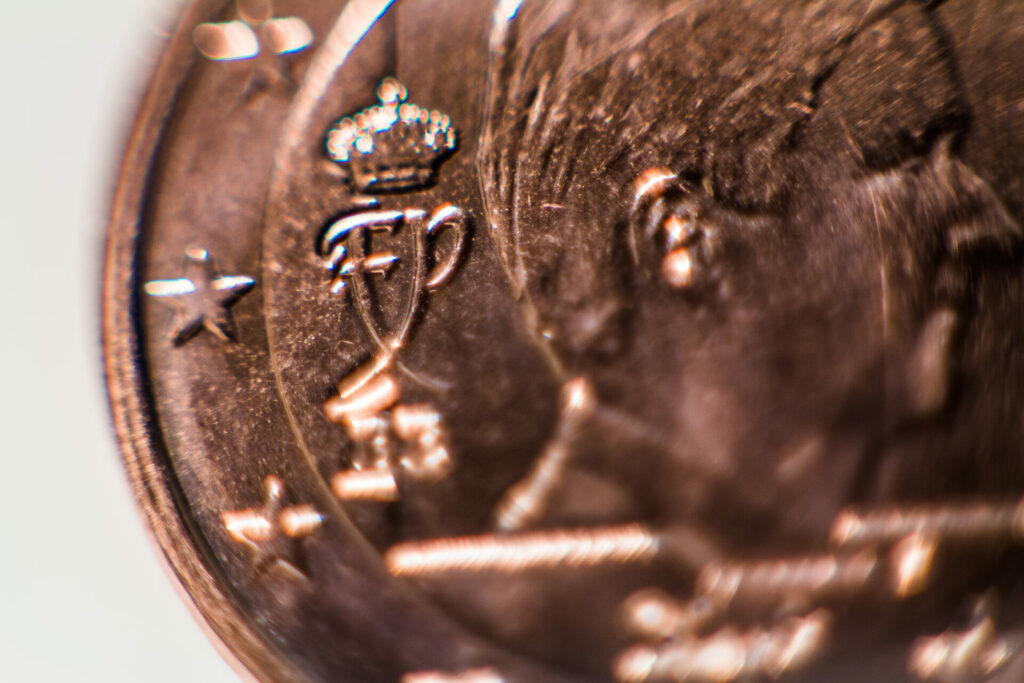Belgium will have the largest budget deficit in the eurozone in the next two years, according to the European Commission's forecast and reported by LN24.
The country's debt is expected to grow between 2023 and 2024. As things stand, Belgium would be the only country with a debt of more than 100% of gross domestic product (GDP) to experience an increase in its debt.
The budget deficit is said to be due to two factors. Firstly, the government has put in place 'fairly strong' support measures to help the population cope with rising energy costs.
The second reason is specific to Belgium, which was also noted by the European Commissioner for the Economy, Paolo Gentiloni, who claims this is also down to Belgium's automatic indexation of wages. However, he says that it is not the time to change the system: "I don't think it's the right time to touch the indexation."
Paolo Gentiloni explained that this automatic indexation, although bad for competitiveness, should not be up for discussion at the moment.
"In these particular circumstances, if you have a tool to respond to the cost of living crisis, it is less controversial than it might be in normal times. Because the social aspect is more important at the moment than in normal times, in the trade-off between social and competitiveness."
Related News
- Belgian banks anticipating a recession for the end of 2022
- EU recession expected to hit Member States, including Belgium
- Belgian businesses weighed down by consecutive crises
Gentiloni believes that Belgium has not put itself in an exceptional situation since the estimates are close to those of its neighbours, such as France for example.
The Commissioner reiterated that the European Union encourages Member States to limit extraordinary aid spending to offset rising energy prices.
Belgium's budget
In September, Belgian Prime Minister Alexander De Croo committed to reducing the budget deficit by €1.7 billion more than previously planned in the next two years as part of Belgium's financial budget.
"When the skies have cleared and the storm has died down, the house should be in order again... With a net effort of 0.6% of the GDP, or €3.6 billion. That will bring the Federal Government to a structural deficit of 3.2% of GDP in 2024."
However, his budget was roundly criticised by right-wing conservatives for not going far enough to reduce Belgium's expenditure, in spite of the multiple social crises faced by people in the country today.
In his annual State of the Union address in October, PM De Croo expressed his concern about the Belgium's deficit but still insisted that, at the moment, further saving was not sustainable.
"What should we have done then? Should we have denied support to self-employed people? Should we have left our middle class out in the cold?"
Much like EU Commissioner Gentiloni, De Croo responded to critics by acknowledging the second successive crisis. "You can't do everything; you have to set priorities and we have chosen to help people through the crisis."
"Should we have let our companies go bankrupt during Covid? Tell bakers and butchers just to go bankrupt? Tell people with a sky-high energy bill to just sit in the cold a bit more?”

